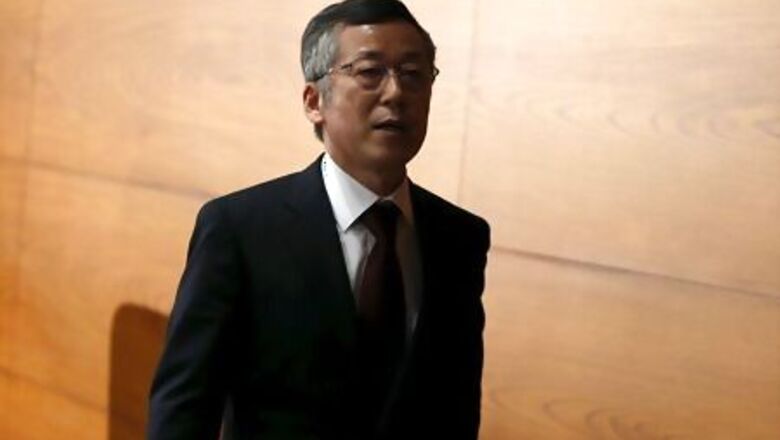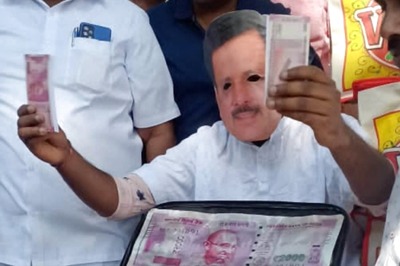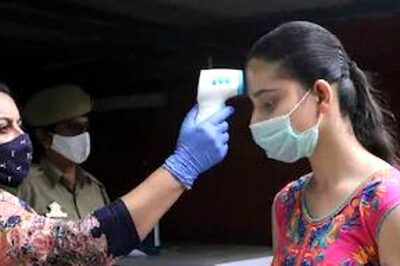
views
TOKYO Japan’s multibillion-dollar campaign aimed at reviving domestic tourism is ill-timed and not the best use of taxpayer money, said Yutaka Harada, a former central bank board member and vocal advocate of premier Shinzo Abe’s “Abenomics” policies.
Harada, who served on the BOJ’s board until March, said that the central bank had taken sufficient steps to cushion the pandemic’s immediate blow to the economy, and that fiscal policy must now take a lead role in supporting growth.
“I’m not sure whether fiscal policy is doing the job right,” he told Reuters on Monday, criticising Abe’s $16 billion “Go To” tourism campaign to promote travel across the country.
“The purpose may have been to engineer a ‘V-shaped’ economic recovery once the pandemic is contained. By launching this campaign now, it risks causing a ‘V-shaped’ rebound – not just in the number of tourists but that of infections,” he said.
The campaign was launched to rescue Japan’s tourism industry, which has been hit hard as the coronavirus keeps foreign visitors at home.
Abe excluded Tokyo from the programme as record numbers of infections in the capital sparked concern the virus could spread to other areas.
Harada joined the BOJ board five years ago as a proponent of Abenomics, a policy deployed in 2012 to end deflation with a mix of bold monetary policy, fiscal measures and structural reforms.
But inflation remains far off the BOJ’s 2% target, while the pandemic is threatening to wipe out the benefits of Abenomics by hitting jobs, corporate profits and tourism.
If further monetary easing were needed, the BOJ could ramp up bond buying or cut interest rates, including pushing short-term rates deeper into negative territory, Harada said.
“If the economy starts to recover, long-term rates may rise a bit. If so, the BOJ could increase bond purchases,” said Harada, who is now professor at Japan’s NUCB Business School.
Disclaimer: This post has been auto-published from an agency feed without any modifications to the text and has not been reviewed by an editor




















Comments
0 comment